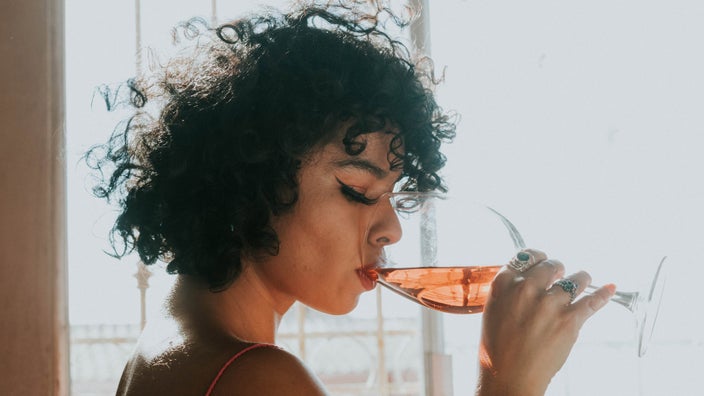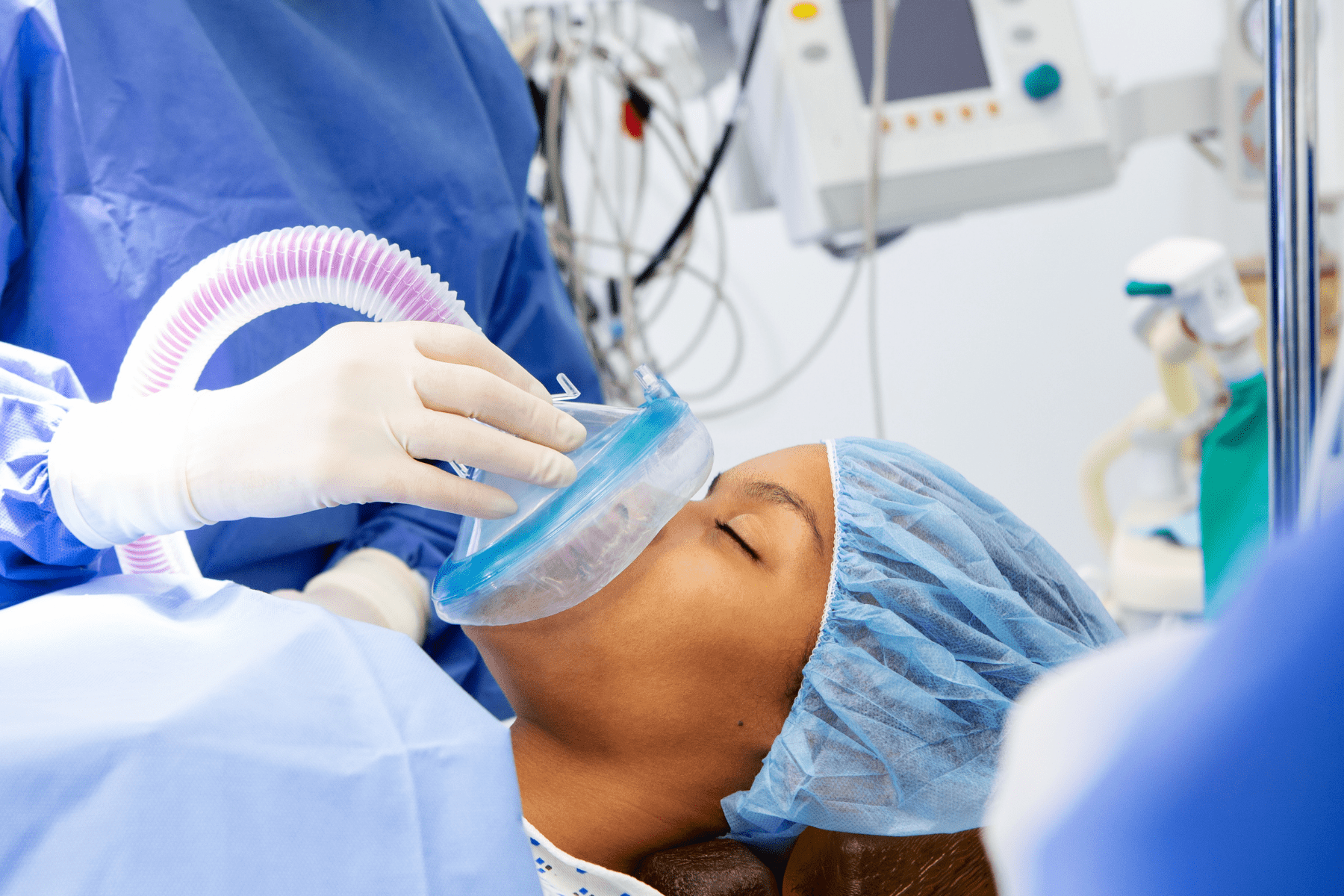Globally, doctors often advise their patients not to drink alcohol after they undergo medical procedures that involve anesthesia. Now it might seem a general recommendation to stay on the safer side, but there are several reasons for patients to stay away from consuming alcohol in the days following anesthesia. Before we unfold why it’s a good idea to refrain from alcohol for a few days after you’ve gone through any surgical procedure, let’s discuss briefly what anesthesia is and why it is crucial in any surgical procedure.
Table of Contents
ToggleA brief description of anesthesia
Anesthesia is required in those medical treatments where the pain element is much higher for a patient to bear, so to eliminate the pain, anesthesia is given to such patients. It drastically helps in treatment and in performing successful surgeries.
During anesthesia, you are administered medication through an IV or mask. Anesthesia makes you unconscious for a given time so that you don’t feel anything while the medical treatment is being performed on your body.
Alcohol and Anesthesia: A Dangerous Mix
For starters, alcohol doesn’t mix well with anesthesia. Furthermore, alcohol has completely opposite properties to anesthesia. It tones down the effects of anesthesia on the body and can cause an increase in the level of drugs in the bloodstream. This means the patient remains unconscious for more than is required.
Reasons Why You Can’t Drink Alcohol After Anesthesia

The importance of anesthesia and why it is administered is now clear to us, so let’s examine the many medically derived reasons to avoid alcohol in the first few days following anesthesia.
1. Risk of Dehydration
Let’s start with the least concerning reason. Alcohol, as we know it well, causes dehydration, which means if you’re consuming it, your body is throwing away its fluids. In normal circumstances, you might be able to ignore the need for fluids, but after undergoing anesthesia, you need them more than ever. This is because your body is weakened while recovering. It is very important to stay hydrated for a few days, even after having surgery, to prevent a number of complications such as dizziness, headaches, and nausea (which can be dangerous for your recovery). So, consuming alcohol during this phase can actually complicate things.
2. Risk of reacting to Medications
As with any medical treatment, doctors prescribe some medications. Alcohol can directly react with those medications and cause complications. Even if you consume alcohol after a few hours interval of getting medications, it can very possibly still react and cause an array of problems like making the medications less effective or even making them toxic altogether and thus causing serious issues like food poisoning. Since surgical treatment medications are more powerful, you have to be extra vigilant and avoid anything that has some amount of alcohol or even other medicines other than those prescribed by your doctor.
3. Prolonged Recovery Time
It is also an established fact that consuming alcohol after anesthesia can directly influence overall recovery time. It impairs your body’s natural healing process, further making you feel tired. Also, this way, you engage in less physical to gain back your strength, and so it also indirectly causes the whole surgical experience to be less effective.
4. Blood loss is more likely
Alcohol consumption after anesthesia is also not advised due to the fact it affects your body’s blood clotting mechanism, which means your body takes much more time otherwise to heal the surgical cuts and stop the blood from bleeding any further. So, it makes much sense now why alcohol is bad in the days after getting anesthesia.
5. Instability in judgment and coordination
Since alcohol is a depressant by nature, it slows down your brain activity partly because it makes you drunk. It is due to this reason few doctors advise their patients to stay away from alcohol, even in minor treatments. The lack of instability makes you critical to falls or accidents. Even worse, it can horribly affect your surgical cuts and can cause permanent nerve or tissue damage.
How Your body reacts when You drink Alcohol After Anesthesia?
Now what if you have already consumed alcohol in this phase and wonder what can be done to make the situation less bad?
The first step is acknowledgment. Take a wise approach and inform your doctors immediately. They can still help to make this situation better. For example, they might adjust the anesthesia dosage or prescribe something that will help in minimizing the alcohol effects on the body.
To further ensure your body’s well-being, avoid any more alcohol consumption for at least 24 hours. Stay in touch with your doc and inform him of your current situation. One more thing that helps is staying hydrated. Water eliminates alcohol from your body to some extent.
Drink Alcohol After Anesthesia FAQs
Can I drink alcohol just before anesthesia?
You shouldn’t suppose to drink alcohol before any surgical operation. Doctors also don’t do surgical operations if you’ve consumed alcohol before the operation, especially when opting for cosmetic surgery.
How long should I wait before going for surgical treatment if I consume alcohol?
The effects of alcohol can take almost 24 hours to eliminate from your bloodstream. So it is advised several doctors to wait for 1 day before opting for surgery.
Is alcohol consumption dangerous for you after anesthesia?
It is pretty much bad, if not dangerous! Forget about drinking alcohol for a few days. Just that your body heals properly and you don’t face any bad circumstances after taking anesthesia.
Conclusion
As we have mentioned, there are valid reasons why drinking alcohol after anesthesia should be avoided. It is always advisable to talk to your doctor. Ask frequent questions and make him aware of your drinking habit so he might make some adjustments for you. It is best to sincere with yourself and always try to seek help from your doctor instead of hiding just in case you haven’t followed his guidelines properly.

I am a passionate beer connoisseur with a deep appreciation for the art and science of brewing. With years of experience tasting and evaluating various beers, I love to share my opinions and insights with others and I am always eager to engage in lively discussions about my favorite beverage.
















